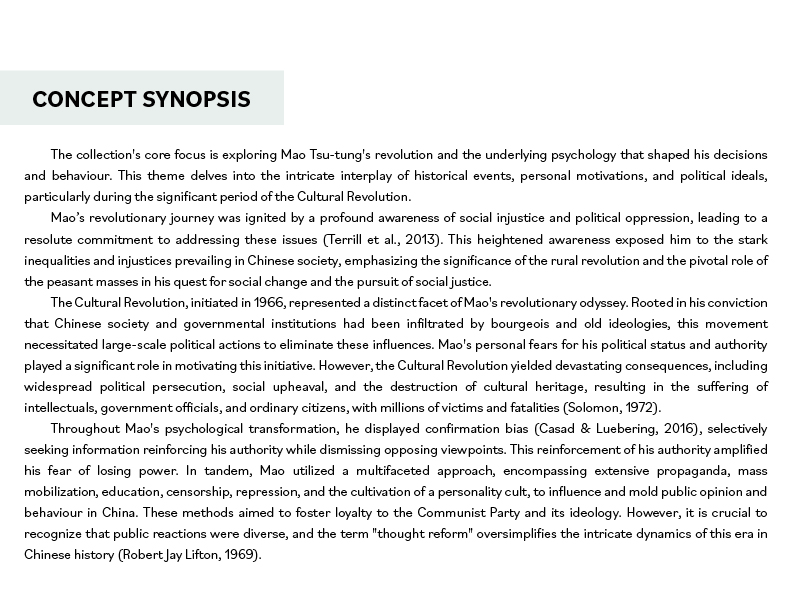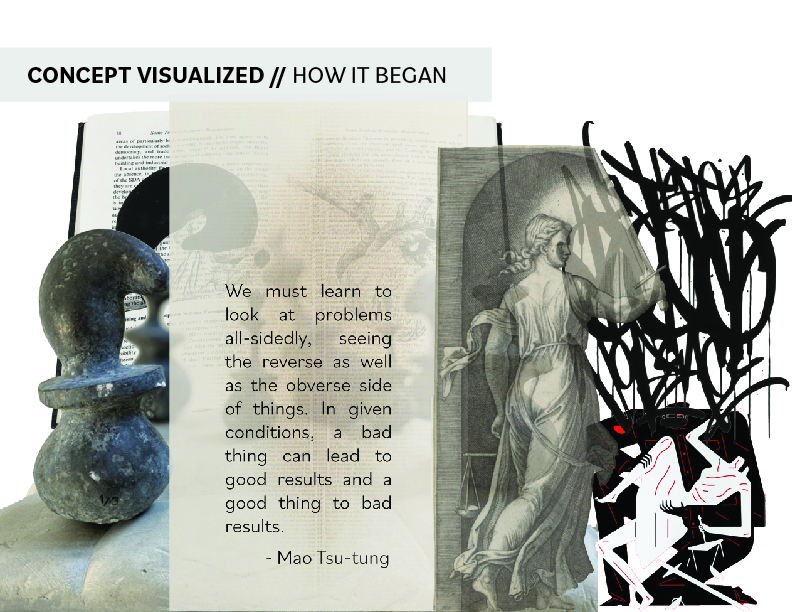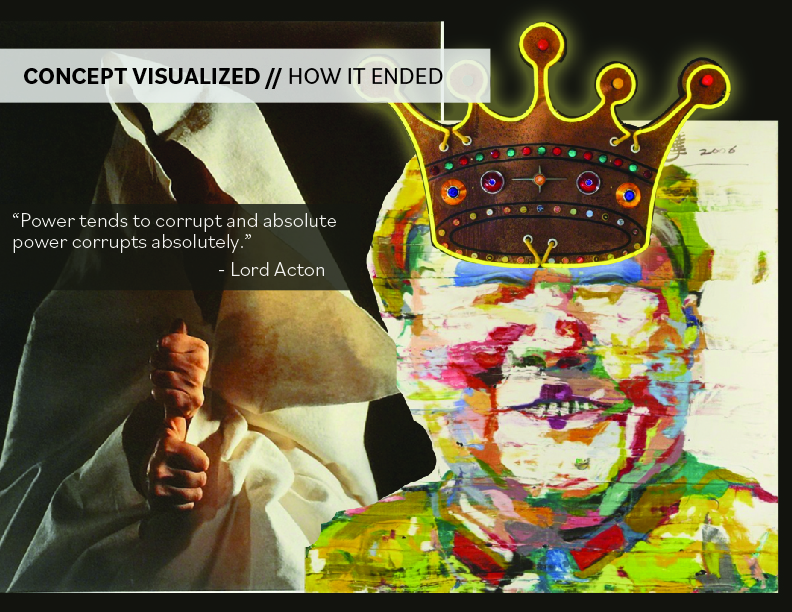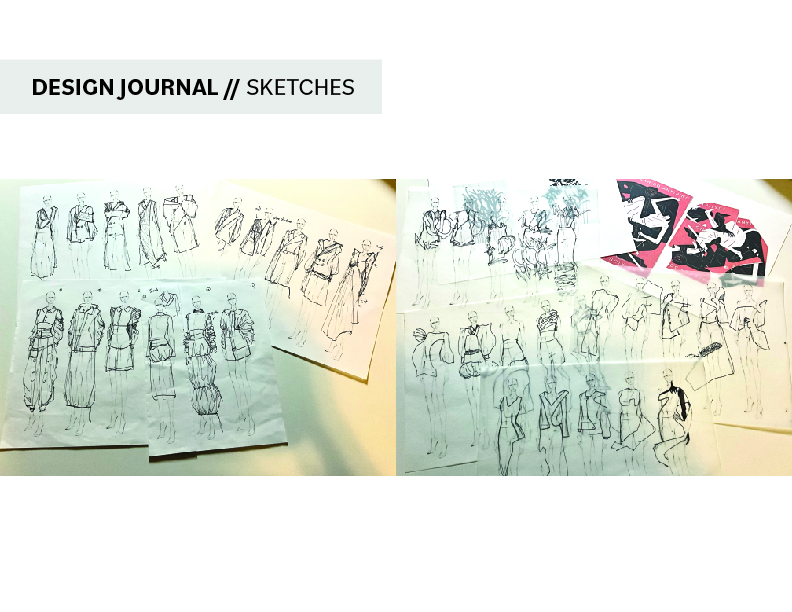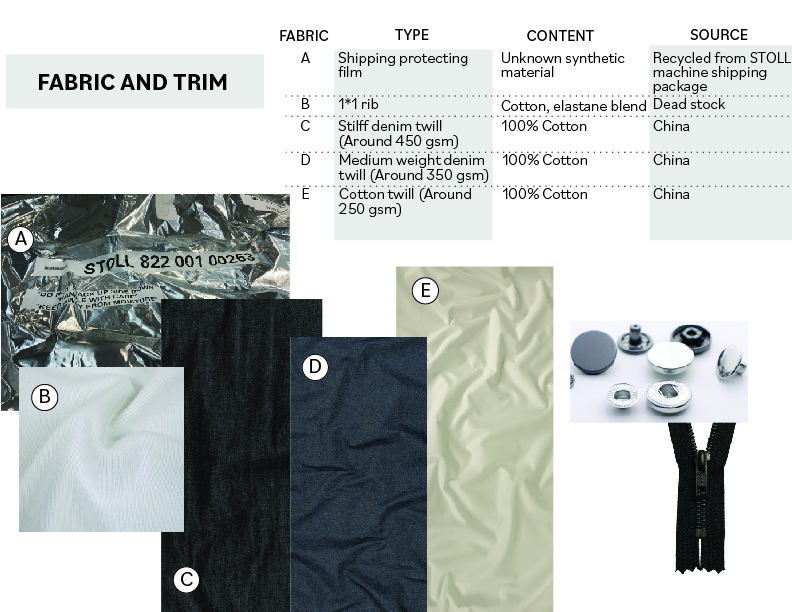Wen Shen
Contradiction
Within the collection, the central theme revolves around delving into Mao Tsu-tung’s revolution and the psychological factors that shaped his decisions, with a particular focus on the Cultural Revolution. The primary exploration emphasizes the intricate interplay of historical events, personal motivations, and political ideals. At its core, Mao’s commitment to addressing social injustice and political oppression reflects a response to the structural violence ingrained in Chinese society (Terrill et al., 2013). The Cultural Revolution, initiated in 1966, stands out as a pivotal aspect of Mao’s revolutionary journey. Rooted in his conviction that Chinese society and governmental institutions were tainted by bourgeois and old ideologies, this movement necessitated large-scale political actions to eliminate these influences. Mao’s personal fears for his political status and authority played a significant role in motivating this initiative, resulting in widespread consequences such as political persecution, social upheaval, and the destruction of cultural heritage. The suffering endured by intellectuals, government officials, and ordinary citizens, with millions of victims and fatalities, underscores the profound impact of Mao’s actions (Solomon, 1972). Mao’s psychological transformation is evident in his display of confirmation bias, selectively seeking information that reinforced his authority while dismissing opposing viewpoints (Casad & Luebering, 2016). This reinforcement of authority heightened his fear of losing power, leading to a multifaceted approach encompassing extensive propaganda, mass mobilization, education, censorship, repression, and the cultivation of a personality cult. These methods aimed to influence and mold public opinion and behavior, fostering loyalty to the Communist Party and its ideology. It is crucial to acknowledge the diversity of public reactions during this era, emphasizing that the term “thought reform” oversimplifies the intricate dynamics of Chinese society grappling with structural violence (Robert Jay Lifton, 1969). The collection seeks to illuminate these complex historical and psychological dimensions, providing a nuanced perspective on Mao’s revolutionary legacy and its impact on Chinese society.


